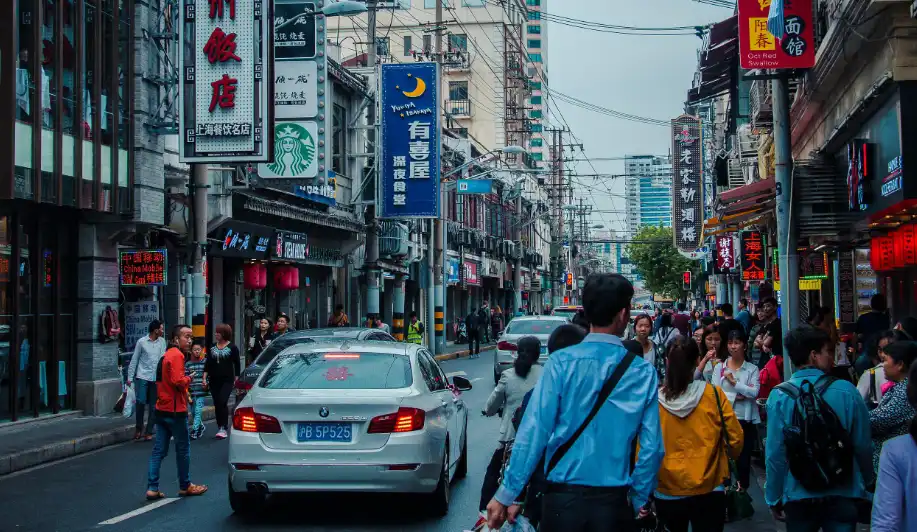A new chapter in Sino-Japanese relations:Japanese population moved to Shanghai, Suzhou, China
As China's economy thrives and social progress is made, the comprehensive strength of our country is continuously enhanced, and our international status has also been elevated.
This rapid growth has not only been reflected in hard power such as economy, science, technology, and military, but also in soft power such as culture, education, and lifestyle.
It is exactly this attraction in all respects that has caused more and more foreigners to come to China to study, work, and live; this also includes a large number of Japanese.

In recent years, a noticeable trend has emerged in Japan:More and more population began to migrate overseas.
As for China, it seems that Shanghai and Suzhou, the two big cities, have become their first choices. This phenomenon has also aroused some social attention and heated discussions.
What are the reasons behind the mass migration of the Japanese population? There are multiple factors driving this trend.
Economically, the slowdown of Japan's domestic economy and its highly competitive nature have made it difficult for many young people to gain stable employment and sustain their lives.
At the same time, China's rapid development has provided more employment opportunities and space for entrepreneurship, attracting many aspiring Japanese.
Aging and changing family structures in Japanese society also push younger adults toward less confining living situations so they can better balance work and life.
China's advantages in education, healthcare, and other areas have also become important factors in attracting Japanese people.

Under such circumstances, Shanghai and Suzhou, as the core cities of the Yangtze River Delta in China, are not only economically developed with convenient transportation, but also rich in educational resources and high quality of life.
Here, Japanese people can enjoy modern urban amenities, convenient public services and a rich cultural life.
More importantly, the inclusivity and hospitality of the two cities make expats feel at home.
Understandably, the huge influx of Japanese people has also sparked much social debate. Because of historical reasons, the public attitude toward Japan is complex.
Despite that peace and development have been the mainstream trend of the current era, the scars of history are still hard to fully heal.
Consequently, some Chinese people felt uneasy and worried when a large number of Japanese people chose to settle down in China
They worried that there would be Japanese spies among them, who would seize an opportunity to steal Chinese intelligence. Actually, the worry of the citizens was not groundless.
You know, the harm of spies can even affect national security. In addition, Japanese schools in Shanghai have also caused widespread controversy among the public on the Internet.
They worried that it would lead to new social problems and cultural conflicts, which might even affect the future development of their bilateral relations.

We should keep rational and objective attitudes towards such concerns. On one hand, history cannot be forgotten, but we should also see that peace and development are the common aspirations of people in both countries.
On the other hand, population migration is a complex social phenomenon that is influenced and constrained by various factors. We should respect everyone's choices and lifestyles, while also paying attention to and solving the social problems that may arise from them.
The large-scale migration of Japanese population is a phenomenon worthy of attention and study. It not only reflects the complexity of population mobility in the era of globalization, but also embodies the attraction and inclusiveness of Chinese cities.
The question of how to balance the relationships between history and reality, emotion and intellect, native and foreign remains an issue that requires our continued reflection and attention.
